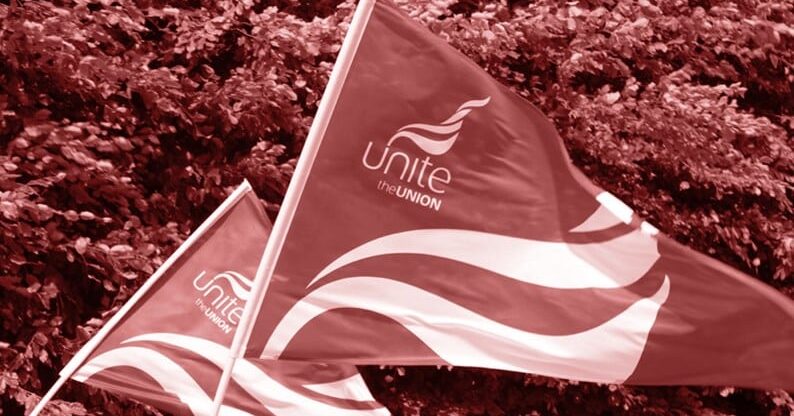

By Tim Nailsea
STAGECOACH DRIVERS, engineers and cleaners in Scotland, Chesterfield, Manchester, the North-East, Lancashire and Liverpool and South Wales are all balloting, or have already been balloted for strike action.
The issues are broadly the same everywhere. Despite working throughout the pandemic at considerable personal risk, drivers have either not been awarded a pay rise or have been offered below-inflation increases, a real-terms pay cut.
Most of Stagecoach’s local operating companies failed to give the workers a pay rise in 2020. In some areas, such as South Wales, Stagecoach drivers are paid as little as £10.50 per hour. Unite has demanded Stagecoach meet its ‘fair’ pay claim of the Retail Price Index inflation figure (4.9% in September) plus 1%.
Stagecoach operates around a quarter of local buses outside of London, plus inter-city coach services, including Megabus and the Oxford Tube. The company’s latest accounts show it made profits of £58.4 million, and it has £875 million in cash. Their claims of poverty are completely false.
Bus drivers across the country often work in very poor conditions. As well as low pay, workers face long hours on the road with few breaks. In many areas there are issues with lack of access to basic rest and toilet facilities. ‘Remote sign-on’, where drivers will not be paid until they sign on in the cab, is being trialled in London and may be introduced nationally.
DIVISION
Although this is a national dispute which concerns all bus workers at Stagecoach, there has been little attempt by the union to unite the struggles in different areas and depots.
While Stagecoach is a national, in fact multinational company, the existence of multiple contracts with different local authorities means that negotiations and disputes are often localised.
However, as the issues are the same across the country, and the employer is the same, there is an opportunity for workers to unite and make their demands at a national level. A national campaign over pay and conditions, and a national strike to force it, would mean the greatest disruption to Stagecoach’s service and the greatest impact on their profits.
The alternative is allowing the company to use divide and rule tactics, cutting separate deals with different groups of workers in order to get them back to work one by one. And this is what has happened.
On 22 October the union settled its Manchester dispute, agreeing a 3.7% deal plus a £150 one-off payment. This was accepted by a ballot of members.
While it is understandable that Stagecoach workers in Manchester accepted such a deal, 3.7% is still much lower than the 4.9% that Unite is pushing for nationally, and over the course of a year such a small pay rise will likely be eaten by the upcoming inflation in prices and become a real-terms pay cut. A united, national battle could win a minimum 4.9% pay rise for all.
However, the very fact that Stagecoach were so quick to back down at the threat of strike action in Manchester shows the potential for victory when workers flex their industrial muscles. This limited victory should be a starting point, not the end of the matter.
Unite has announced that it will bring together bus reps from across Britain and Ireland to plan resistance to the bosses’ offensive. That now needs to take place before any further damage is done to the fightback.
Bus drivers’ reps should demand that this meeting is not simply be another rally or photo opportunity, where “the plan”, drawn up by HQ is simply handed down to the drivers.
It should instead be a national delegates’ meeting with representatives from every workplace in the country, empowered to draw up and approve a plan for national industrial action.
In a situation where different areas are settling for different percentage rises, Unite should set up local price watch committees to monitor how inflation impacts on members.
If in April, after NI and council tax rises kick in and we can see where RPI inflation is heading, the pay ‘rises’ have disappeared, Unite should inform Stagecoach that it will launch a national strike to enforce an ‘escalator clause’, a 1 per cent pay rise for every 1 per cent rise in the real cost of living.
Sharon Graham was elected on a mandate of industrial militancy and democratising the union’s structures, giving power to reps and the membership. It’s now time for her to live up to that promise.
Members should be vigilant of any attempt by the Unite leadership to compromise, win a few bob for some, accept defeat for others and declare victory. This could dampen the militant attitude and prevent bus workers from making the real gains that are possible at this time.
That’s why the rank and file and their directly elected and accountable reps must control all the decisions relating to their disputes. More than that, they should fight for control of the union.
This article was updated on 1st November to take account of new information and differs from the version appearing in Workers Power 388.